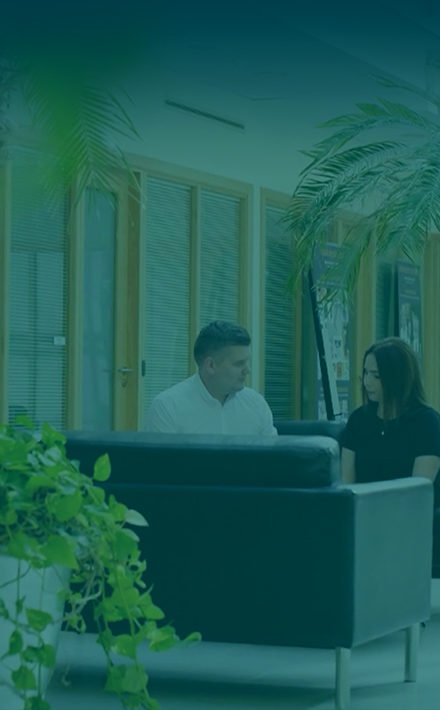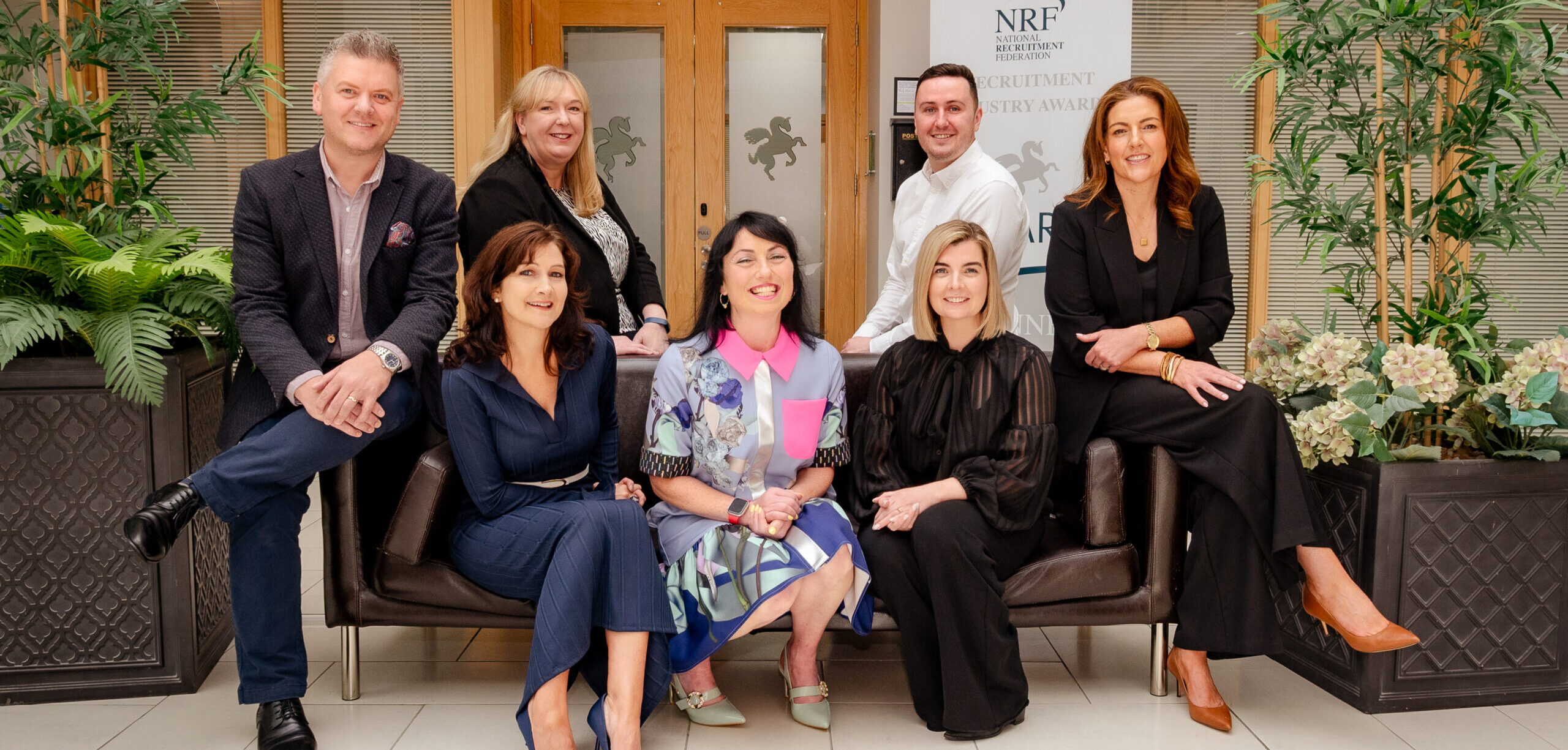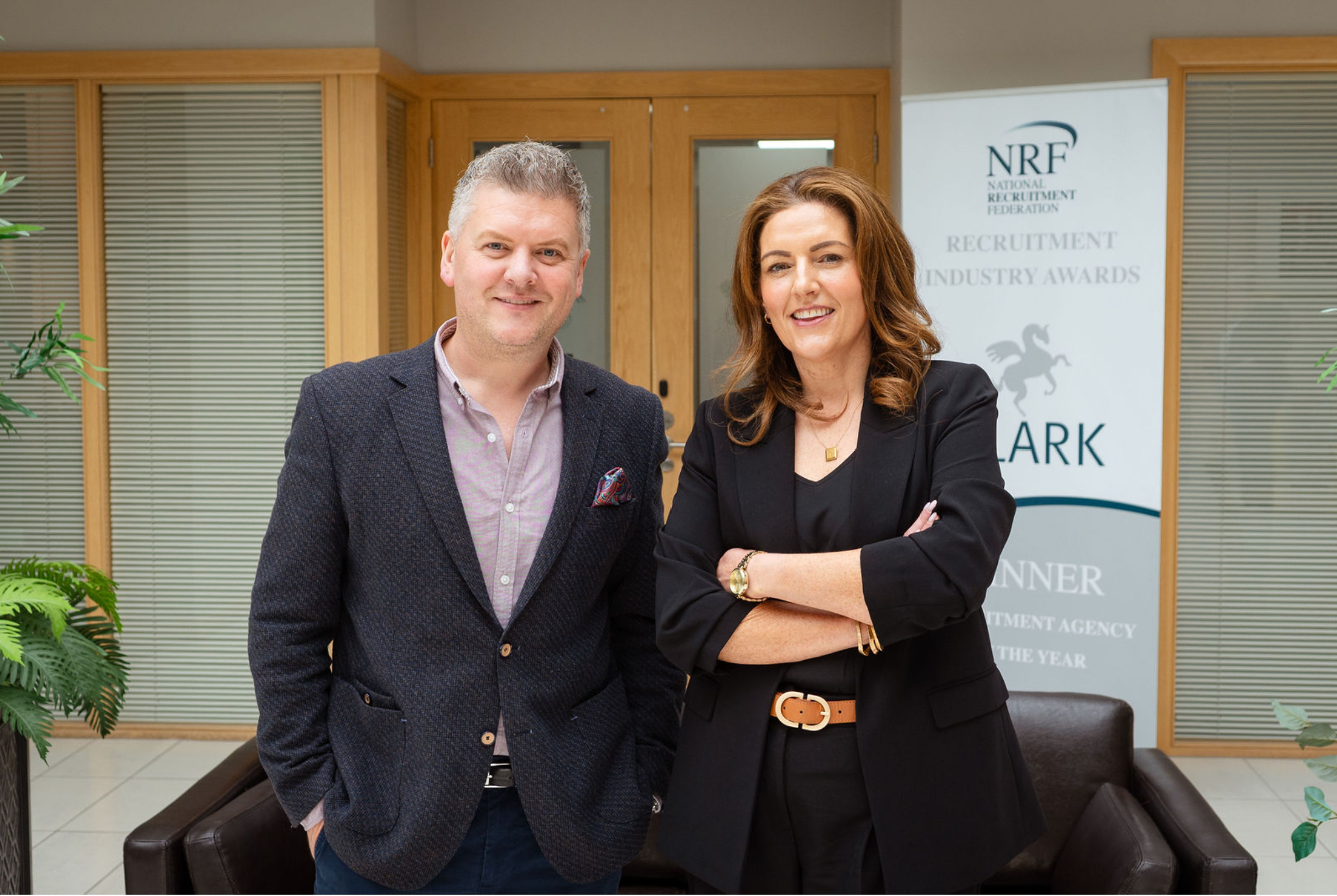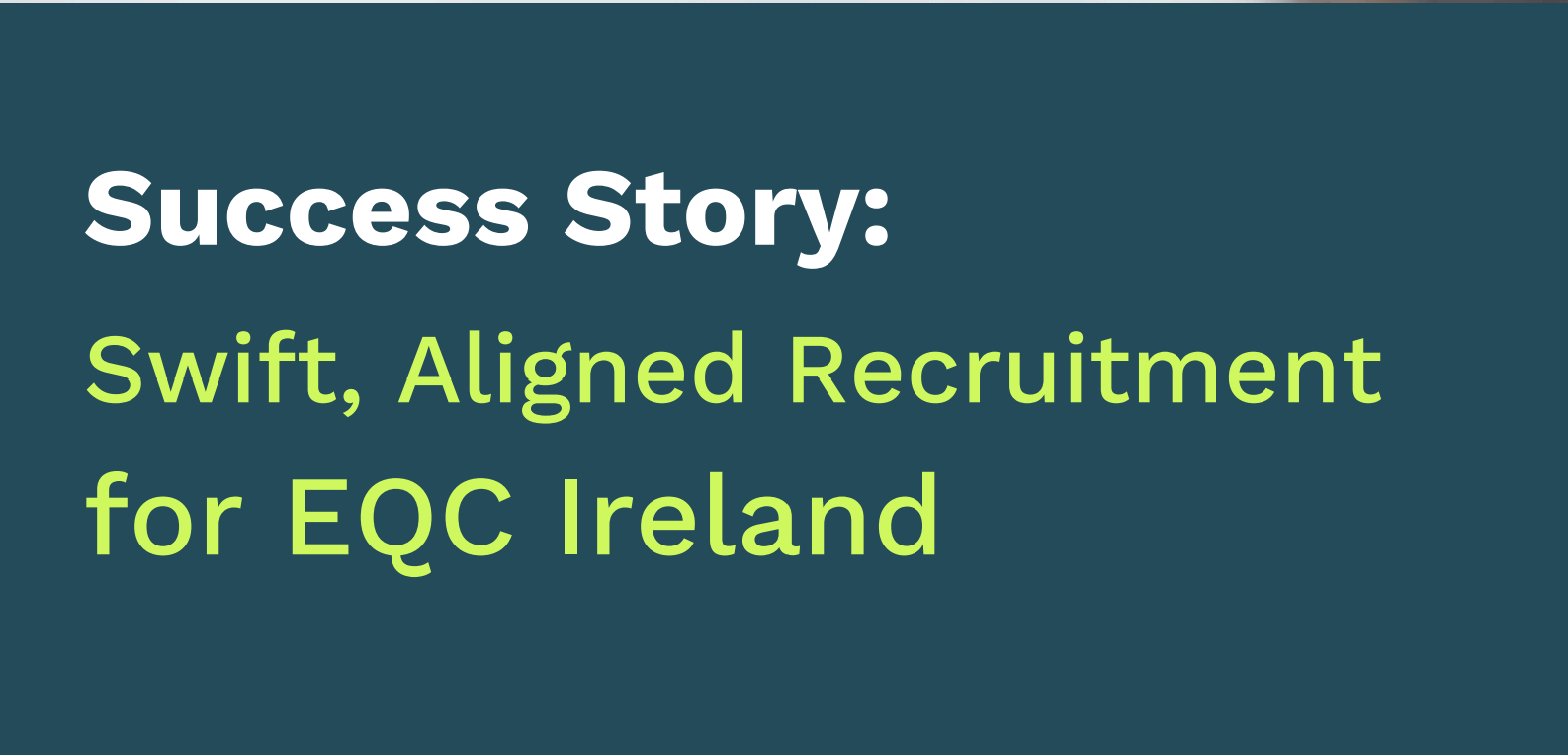
Excel in Interviews: Crafting a Winning Impression
The job interview is your moment to shine, to show prospective employers that you’re the best fit for the role. It’s a high-stakes encounter where first impressions matter. In this blog, we’ll delve into the art of making the best impact and impression during your job interview. We’ll provide you with concrete pointers, detailing not just what to do but why it’s essential to excel in your interview.
Part I: Preparation is Key
Research the Company and Role Thoroughly
- How: Dive deep into the company’s website, annual reports, and any news articles or press releases. Study the job description and requirements.
- Why: Knowing the company’s values, mission, and current projects demonstrates your genuine interest. It also equips you to tailor your responses to align with the organization’s goals.
Understand the Industry and Competition
- How: Research the industry in which the company operates, as well as its competitors and market trends.
- Why: This knowledge helps you position yourself as someone who understands the broader context and can contribute strategically.
Prepare Responses to Common Interview Questions
- How: Anticipate typical questions like “Tell me about yourself,” “Why do you want to work here,” and “What’s your greatest weakness?” Prepare concise, well-structured answers.
- Why: Being ready for these questions allows you to communicate your qualifications confidently and succinctly.
Compile Your Own Questions
- How: Develop insightful questions to ask the interviewer about the company, the team, and the role.
- Why: This demonstrates your genuine interest and your desire to ensure the job aligns with your career goals.
Practice, Practice, Practice
- How: Conduct mock interviews with a friend, family member, or even in front of a mirror. Record yourself to identify areas for improvement.
- Why: Practicing builds confidence, helps you refine your responses, and minimizes nervousness.
Part II: Making a Strong First Impression
Dress the Part
- How: Choose attire that aligns with the company culture. When in doubt, it’s better to be slightly overdressed than underdressed.
- Why: Your appearance is the first thing an interviewer notices. Dressing appropriately demonstrates respect for the company and the role.
Punctuality is a Virtue
- How: Aim to arrive at the interview location 10-15 minutes early. If it’s a virtual interview, log in a few minutes before the scheduled time.
- Why: Being punctual conveys your reliability and respect for the interviewer’s time.
Confident Handshake and Eye Contact
- How: Offer a firm, friendly handshake (if in person) and maintain eye contact throughout the interview.
- Why: A confident handshake and eye contact exude self-assuredness and interpersonal skills.
Greet with Enthusiasm
- How: When you meet your interviewer, greet them with a warm smile and enthusiasm. Use their name.
- Why: Enthusiasm is infectious and sets a positive tone for the interview.
Part III: Navigating the Interview
Active Listening
- How: Listen attentively to the interviewer’s questions. Allow them to finish before responding.
- Why: Active listening helps you fully understand the question and respond appropriately.
Structure Your Responses
- How: Use the STAR method (Situation, Task, Action, Result) to structure your answers to behavioral questions. It provides a clear and concise way to convey your experiences.
- Why: A structured response helps you stay on track, ensuring the interviewer comprehends your point.
Showcase Your Achievements
- How: Whenever possible, illustrate your responses with specific examples of your accomplishments.
- Why: Concrete examples demonstrate your value and show that you’ve made a tangible impact in your previous roles.
Demonstrate Problem-Solving Skills
- How: Be ready to discuss how you’ve tackled challenges or resolved issues in your past roles.
- Why: Problem-solving skills are highly valued as they show you can adapt and contribute effectively.
Adaptability and Coachability
- How: Emphasize your willingness to learn and adapt to new situations or feedback.
- Why: Companies seek candidates who can grow and evolve with the organization.
Part IV: Communicating Your Value
Quantify Your Achievements
- How: Use numbers and statistics when discussing your accomplishments. For instance, “I increased sales by 30% in six months.”
- Why: Quantifying your achievements provides tangible evidence of your impact.
Highlight Soft Skills
- How: Mention soft skills like teamwork, communication, and adaptability in your responses.
- Why: Soft skills are often as important as hard skills, and showcasing them sets you apart as a well-rounded candidate.
Express Your Passion
- How: Communicate your genuine interest in the role and the company.
- Why: Passion is contagious, and it demonstrates your commitment to the position.
Emphasize Fit with Company Culture
- How: Mention examples of how your values align with the company’s culture and mission.
- Why: Cultural fit is crucial, as it ensures you’ll thrive and contribute positively to the organization.
Ask for Feedback
- How: Inquire about the next steps in the hiring process and if the interviewer has any reservations or additional questions.
- Why: This shows your eagerness and openness to address any concerns.
Part V: Closing the Interview Strong
Express Your Appreciation
- How: Thank the interviewer for their time and the opportunity.
- Why: Gratitude is a sign of professionalism and courtesy.
Reiterate Your Interest
- How: Conclude the interview by expressing your enthusiasm for the role and how you believe you’d be a valuable addition to the team.
- Why: Restating your interest reinforces your commitment to the position.
Part VI: Post-Interview Etiquette
Send a Thank-You Email
- How: Send a personalized thank-you email to the interviewer within 24 hours of the interview.
- Why: A thank-you email demonstrates appreciation, professionalism, and your continued interest in the role.
Follow Up if Necessary
- How: If you haven’t received a response within the expected timeframe, send a polite follow-up email inquiring about the status.
- Why: It shows your continued interest and engagement in the process.
A successful job interview isn’t just about showcasing your qualifications; it’s about creating a memorable impression. The tips provided in this blog, from preparation to post-interview etiquette, can help you stand out and prove that you’re the ideal candidate for the role. Remember, it’s not just about what you say but how you say it and the impression you leave that will make you a remarkable candidate in the eyes of the interviewer.












